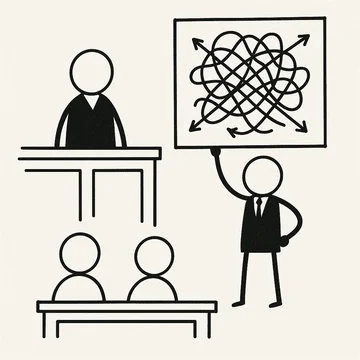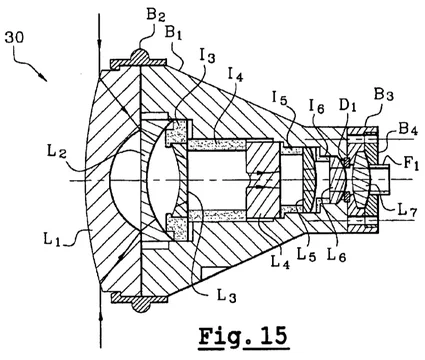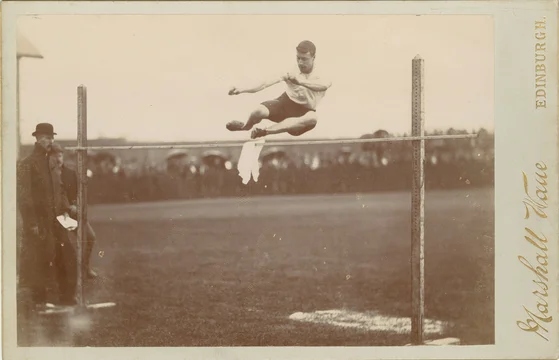Judge Burke unsealed an interesting opinion last week on the applicability of Lanham act claims to pharmaceuticals.

In Vanda Pharms., Inc. v. MSN Pharms., Inc., C.A. No. 24-505-JLH (D. Del. July 31, 2025), the Plaintiff accused various generic drug manufacturers of violating the Lanham by allegedly making false statements in their label and advertisements. In particular, Plaintiff alleged that the Defendants described Plaintiff's product "Hetlioz" as the brand reference for their generic products when "the reference product used in Defendants’ Bioequivalence Study was not actually Hetlioz, or because that study was so flawed that it undermines any assertion that Defendants’ product is bioequivalent to Hetlioz." Id. at 14 (quoting complaint).
The issue was …








